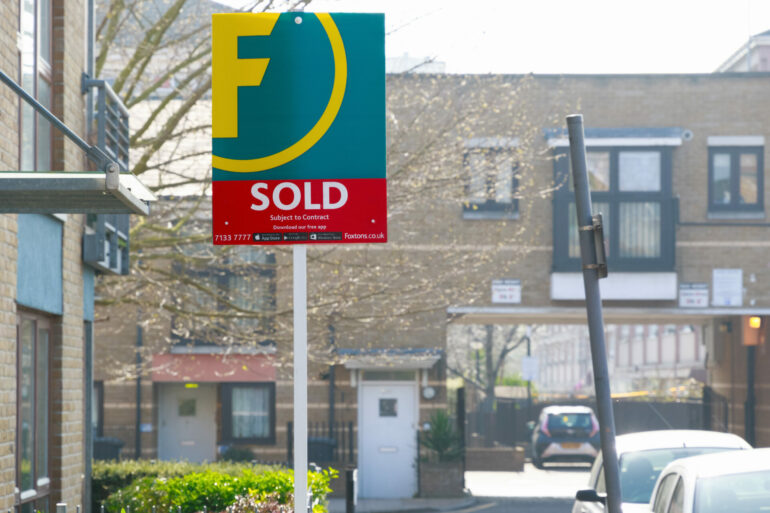A significant portion of homeowners in England and Wales are calling for legislative changes to address the contentious issue of gazumping, according to the latest findings by Market Financial Solutions (MFS).
In a study conducted with over 1,100 property buyers, it was found that an alarming 37% have fallen victim to gazumping in the last ten years, marking a 7% increase since a similar survey conducted by MFS in the second quarter of 2022.
Gazumping, the act of making a higher offer on a property already under offer from another buyer and thus usurping the original buyer, has long been a controversial aspect of the property buying process.
MFS’s research indicates that despite widespread condemnation of the practice, a significant 46% of respondents would consider gazumping if it meant securing their desired property.
The study results highlight an acute awareness among homeowners of the competitive tension in the property market, with 73% of respondents believing that gazumping and gazundering (where the buyer lowers their offer late in the transaction process) have become more frequent due to a high demand and limited supply of homes.
This competitiveness has led to 67% of the surveyed homebuyers describing the market as excessively competitive, further underlining the urgency for regulatory intervention.
Interestingly, the survey uncovered that 78% of respondents are in favour of the UK Government introducing legislation akin to that of Scotland, aimed at banning the practice of gazumping, which underscores a strong public demand for action against this disruptive tactic.
Paresh Raja, CEO of MFS, commented on the findings, said: “The property market’s competitiveness, exacerbated by a significant imbalance between supply and demand, has dire consequences for both buyers and sellers. Gazumping, as our study shows, remains a significant concern, reflecting the need for tighter controls to foster a fairer, more transparent buying process.” Raja’s comments highlight a pressing issue within the property market, where the ethics of transactional conduct and the need for a streamlined, secure process are at the forefront of buyer and seller concerns alike.
The call for legislative action has been echoed across the industry, with experts advocating for a system that prevents last-minute bidding wars and ensures a level playing field for all parties involved. “The current state of the property market not only strains buyer-seller relationships but also puts immense pressure on the overall housing ecosystem,” Raja added, emphasising the broader implications of unchecked competitive practices.
This mounting pressure for change has sparked a discussion on the effectiveness of existing regulations and the potential for new laws to address the challenges posed by a market in flux. With a significant portion of the survey’s respondents backing the call for reform, the spotlight is now on policymakers to respond to the public’s demand for a more equitable property transaction landscape.



